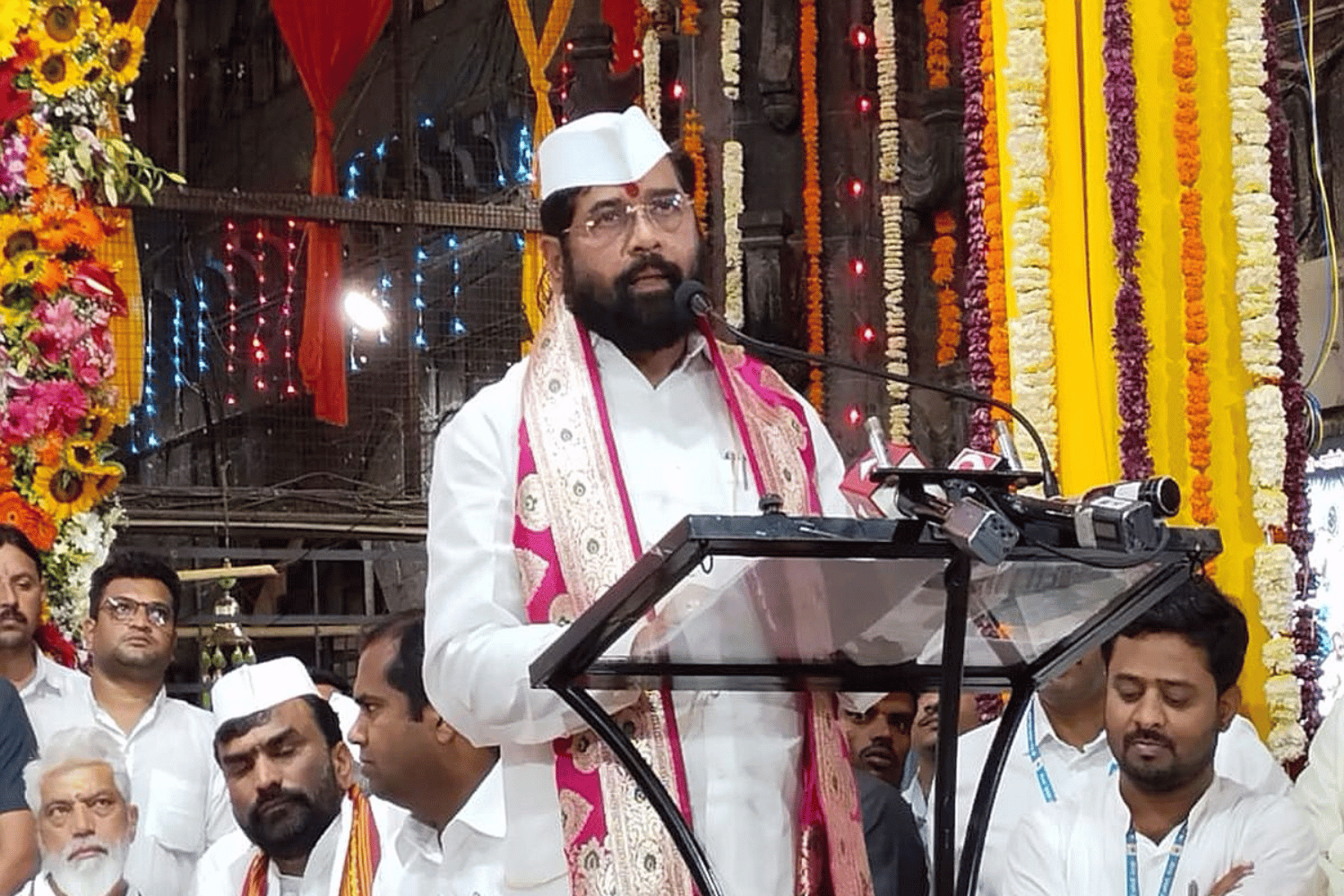
Proof of Investment (POI): What Employees and Employers Need to Know

What is POI?
An individual's Proof of Investment, or POI, is a document that details the investments they have made. This may include stocks, bonds, mutual funds, and other types of investments. The POI is an important document for both employees and employers because it can be used to verify the investment history of an individual.
An employer may request a POI from an employee in order to verify that the employee has the necessary experience or background in investments. An employee may also need to provide their POI to an employer in order to prove that they have made the required investment in the company.
A POI can also be used by individuals who are self-employed or who work for a small business. In these cases, the POI can be used to show that the individual has made the necessary investment in their own business.
A POI can be a helpful tool for both employees and employers. It can help to verify an individual's investment history and ensure that everyone is on the same page when it comes to investments.
Employees and Employers Need to Know About Proof of Investment (POI)
Taxes are deducted from employees' salaries in India. If the employees fail to submit the right investment proof, they may deduct more or less. For employers to calculate and deduct the correct amount of tax for the financial year, all employees must submit proof of investment.
What are the differences between exemptions and deductions under Indian tax law?
As per Indian tax legislation, an exemption is an income that is not taxable. For example, a house rent allowance (HRA) paid by a company is exempt from tax. A portion of the rent paid by a salaried employee is exempt from tax. Exemption amounts depend on the city (metro or non-metro) where the employee lives, as well as proof of rent payment.
Deductions are amounts that are deducted from an employee's taxable income during payroll processing and help reduce the employee's net taxable income. Eligible savings instruments and donations fall under this category.
Why should we have POI? What are the benefits of POI?
There are many benefits that can be associated with Proof of Investment (POI). For starters, it provides employees with a sense of ownership and control over their retirement funds. Additionally, POI can help to ensure that employers are making the best decisions possible when it comes to managing these funds.
Ultimately, POI can be beneficial for both employees and employers. Employees can feel more confident in their retirement planning, while employers can have greater peace of mind knowing that their employees' retirement funds are being managed responsibly.
Is there a difference between an investment declaration and a proof of investment?
An employee makes an investment declaration when he or she joins a new company or at the beginning of the financial year. A declaration is a statement of the proposed investments and expenses for the current financial year, which qualify for certain deductions and exemptions.
Proof of investment: Every employee is required to submit proof of the investments made and planned in January or February. Earlier computations would have been based on the investment declaration, which is only an estimate. The payroll department computes the final tax liability for the year and adjusts accordingly.
How do you invest your savings?
Some of the popular schemes are furnished below. The choice of instruments depends on the investor's risk-taking mentality, expected rate of return, and investment plan that has been made earlier.
Provident Fund: Mandatory for companies with 20 or more employees, the Provident Fund is a government-run scheme with assured returns. Depending on the conditions, it is exempt from income tax.
National Pension Scheme (NPS): There is no full tax exemption for NPS as of now. However, the government has been amending its provisions to make it more tax-efficient.
National Savings Certificate (NSC): This is a fixed-return savings bond that can be opened at any post office. It offers 6.8% interest with a 5-year lock-in period.
Postal Savings Scheme: A postal savings scheme offers an interest rate of 4%-9% per annum. There are different types of postal savings schemes available.
Insurance Scheme: An insurance scheme is a tax-saving tool used to protect the future of family members in the event of the insured's death. There are also disability and medical insurance schemes.
How can investment-proof submissions be made more effective?
There are times when people delay submitting POI until the last minute. Sometimes they misplace the original documents, resulting in last-minute stress and errors. In addition, the organization finds it difficult to handle the sudden surge in data and requests. Due to the heavy load, even the server might throw an error, so employees must submit their POIs as soon as HR opens them.
Do employees have to report their additional income?
While it is not mandatory for employees to provide details about all their earnings and expenses, without these details the organization cannot accurately calculate the final tax liability.
If an employee fails to submit proof of investment, what happens?
It is possible that some employees are not prepared with the documents, and the organization may have closed the POI submission period. In this case, the employees can submit the same during the filing of their IT returns. If the employer has already deducted TDS, the employee can claim a refund by providing his or her bank account information.
Is the interest paid on a car loan deductible?
An employee who takes out a loan to buy an electric car can claim a tax deduction on the interest paid on the loan. The income tax law allows the deduction up to INR 50,000.
Is it possible for an employer to avoid deducting tax from an employee's salary?
The law requires employers to deduct tax (TDS) from an employee's salary and pay the amount to the government within seven days after the end of the month.
Should the income of an employee's previous employer be considered?
Employees must provide the details of their previous income, so the current employer can factor that into working out the final tax liability accurately. It is not mandatory but advised. If the previous income is not disclosed, the employee is likely to pay a higher tax amount.
Proof of Investment (POI) is an important tool for both employers and employees to understand. It can help employers ensure that they are making a sound financial decision when hiring new staff, while also providing protection to the employee in terms of job security and benefits. It is essential that both sides fully understand their rights and obligations in regards to POI so as to avoid any potential disputes or misunderstandings down the line. By understanding this concept, both employers and employees will be better equipped to make informed decisions about their business relationships going forward.


.webp)

_(1).webp)